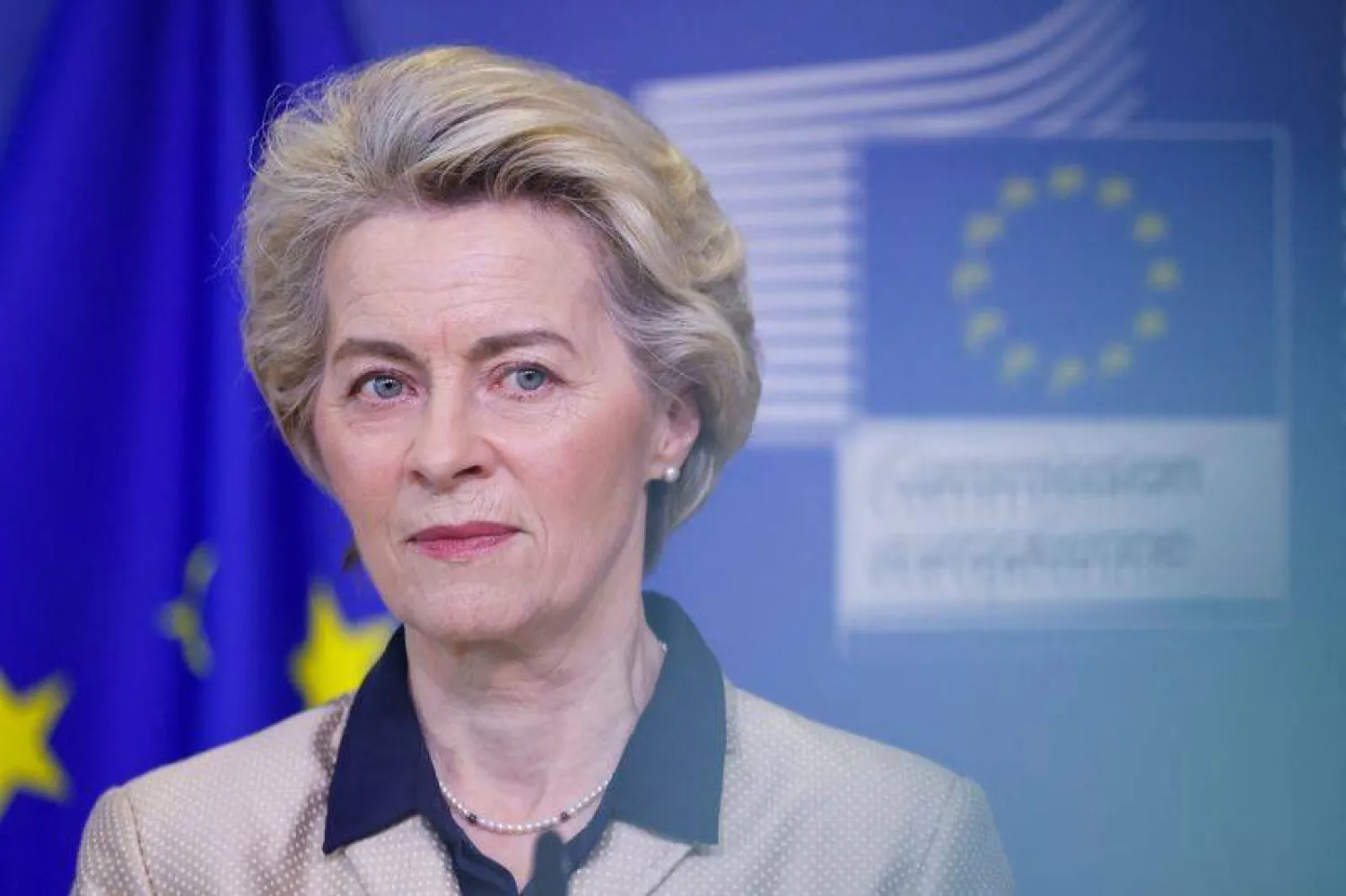European Union states hold a first discussion on Wednesday on proposed new sanctions over Russia's war in Ukraine that would target Chinese and Iranian firms and allow export curbs on third countries for busting existing trade restrictions.
Talks among EU envoys start at 0800 GMT and are set to be heated, according to one diplomat, with Russia hawks upset the plan doesn't go far enough but others wary of damaging their international ties, Reuters said.
Widely differing perspectives mean a quick deal is not expected, several diplomats said.
The EU's chief executive unveiled the plan on a symbolic trip to Kyiv on Tuesday - a counterbalance to annual celebrations in Moscow of the World War Two victory over Nazi Germany that President Vladimir Putin likens to his invasion of Ukraine.
European Commission President Ursula von der Leyen said the new sanctions would focus on cracking down on circumvention of Russia trade curbs already in place, and were designed "in very close coordination" with Group of Seven (G7) nations.
"If we see that goods are going from the European Union to third countries and then end up in Russia, we could propose to the member states to sanction those goods' export. This tool will be a last resort and it will be used cautiously," she said.
She added the EU would stop transit via Russia of more of its exports, including advanced tech products and aircraft parts.
Diplomatic sources familiar with the proposal - drafted by von der Leyen's Commission - said it also included blacklisting "tens" of new companies, including from China, Iran, Kazakhstan and Uzbekistan.
The new sanctions would highlight that oil tankers are not allowed to offload in high seas or arrive in ports with their GPS trackers off, an attempt to push back against flouting G7 restrictions on trading Russian oil, according to the sources.
NO SWIFT DEAL SEEN
All 27 EU countries must agree for new sanctions to take effect in what would be the bloc's 11th round of such measures since Russia invaded Ukraine in February 2022.
It would mark the first time the bloc had targeted China over accusations of Beijing's role in the war, something China's foreign ministry warned the EU against.
A diplomatic source from an EU country hawkish on Russia was frustrated the Commission's proposal did not include stopping Russian diamond imports or nuclear energy cooperation.
The person said trade lost under the proposal was estimated to be worth up to 500 million euros ($550 million) compared to what von der Leyen said amounted to 11 billion euros in the previous round.
At the opposite end of the debate, a diplomatic source from a country critical of the sanctions said the proposal to target third countries was bound to trigger a fraught discussion.









